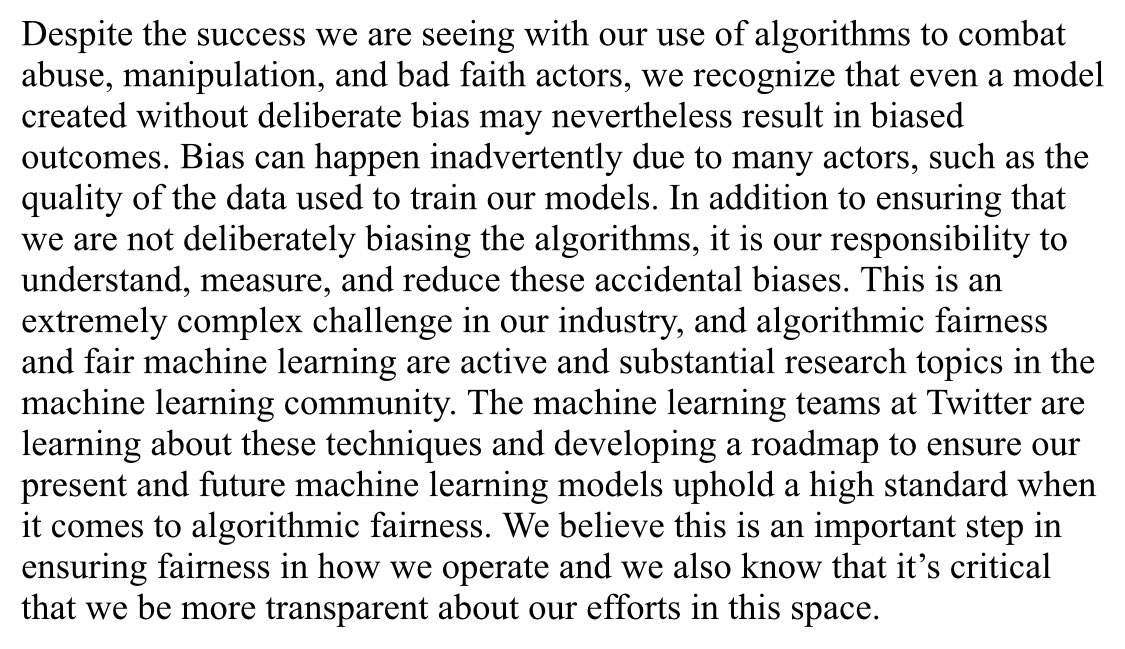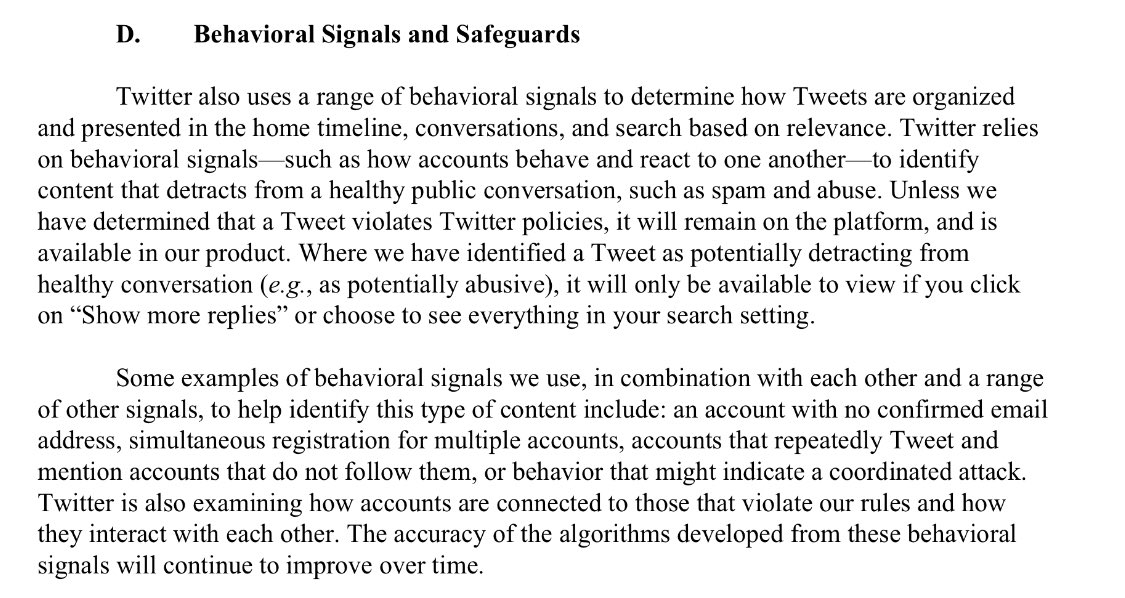As a result, ETFs have to obtain an individualized exemptive order from the SEC before going to market.
- the ETF files a "proposed rule change" with the SEC;
- the SEC posts notice of the filing in the Federal Register and solicits comments; and
- the SEC has 45 days from posting to approve or deny the ETF.
- 45 more days if "a longer period is appropriate";
- 90 more days for the ETF to address grounds for disapproval; and
- 60 more days if again "a longer period is appropriate."
Yet, because of how the law works, the SEC can't just set a 240-day deadline from the jump. It has to do the extensions one at a time.
This is the third & final extension allowed by law -- 15 U.S.C. § 78s(b)(2), in case you were wondering.
coindesk.com/sec-delays-dec…
But this isn't notable at all. The deadline to approve or deny the Direxion ETF was July 23. As explained, the SEC waits until the deadline before issuing another extension.
It had absolutely no reason (or justification) to address the VanEck/SolidX ETF. The fact it didn't do so is meaningless.
- Notice originally posted on January 24;
- First extension issued on March 1 (~45 days later);
- Second extension issued on April 23 (~45 days later); and
- Third extension issued on July 24 (~90 days later).
- Notice was originally posted on June 26;
- First extension expected ~August 10 (45 days later);
- Second extension expected ~September 24 (45 days later); and
- Third extension expected ~December 23 (90 days later).
This could move forward or back by a few days (e.g., because December 23 is a Sunday and the SEC may be closed on December 24/25 too), but late February is the most likely target for a decision.
Sure, that's fine in theory. But I can't imagine the SEC will approve the first ever bitcoin ETF without taking all the time allowed by law.
Sorry. Get ready to wait.
Notice was published on July 2, not June 26. Adjusting for weekend deadlines (which carry over to Mondays) you end up on March 4.
The amount of time lawyers spend calculating deadlines may surprise you.






